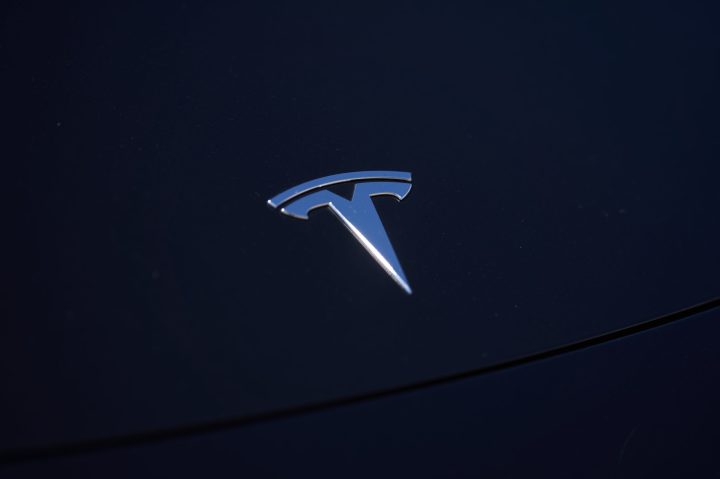
Tesla’s move to sell cars on tribal lands highlights sovereignty
Tesla’s move to sell cars on tribal lands highlights sovereignty

Tesla recently entered into its second deal to open a storefront on tribal land within the boundaries of New Mexico. In that state, only licensed dealers can sell cars directly to consumers, not manufacturers.
But those laws don’t extend to the Pueblos of Nambe and Santa Ana. When you enter tribal land, you’re entering a new legal framework, said Elizabeth Hidalgo Reese at Stanford Law.
“Generally the tribe laws are going to apply and you’re leaving the basic assumption of state jurisdiction,” she said.
And just like other sovereigns, tribal nations sometimes try to create a regulatory environment that’s friendlier to business than the next jurisdiction over.
“This is tribes just doing the exact same thing that states do by trying to make it more hospitable,” Reese said, with tax breaks, or more flexible regulations. So what’s in it for the tribes?
“It’s a huge boost to economic development,” said Patrice Kunesh, who founded the Minneapolis Federal Reserve’s Center for Indian Country Development. She said these partnerships are nothing new. They’ve long brought jobs, commerce and tax dollars to tribal communities.
But Kunesh added that recent deals with big names like Tesla and Amazon show tribal nations are flexing their sovereign muscles.
There’s a lot happening in the world. Through it all, Marketplace is here for you.
You rely on Marketplace to break down the world’s events and tell you how it affects you in a fact-based, approachable way. We rely on your financial support to keep making that possible.
Your donation today powers the independent journalism that you rely on. For just $5/month, you can help sustain Marketplace so we can keep reporting on the things that matter to you.

















